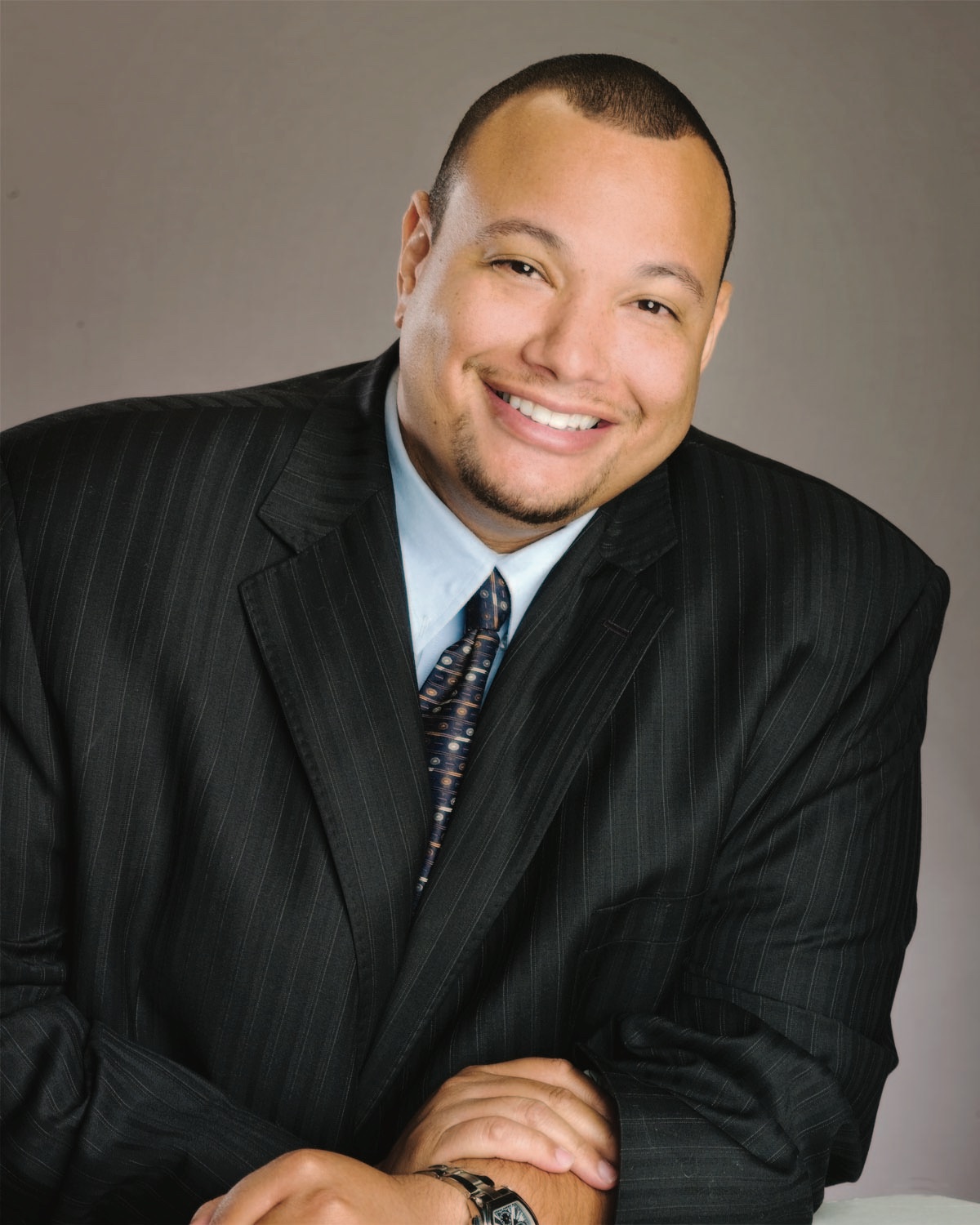(Chicago Sun-Times) On March 16, the elite world of multilateral governance was shocked when President Bush nominated Deputy Defense Secretary Paul D. Wolfowitz, a key architect of the wars in Afghanistan and Iraq, to be the next president of the World Bank.
Wolfowitz is often referred to as a “war hawk,” but the frenzy sparked by his nomination casts him in a wolflike light. Similar to the wolf, Wolfowitz’s role in the Bush administration has been the subject of much hullabaloo and folklore; however, unlike the wolf, the apprehensions about Wolfowitz are arguably well-placed. As a former special assistant to a senior managing director of the World Bank, I was shocked and concerned, then troubled and disappointed, and finally cautiously amused by Wolfowitz’s nomination.
The World Bank is a monstrous, multifaceted and multifarious institution. Its 10,000 employees are among the best and brightest in the world, and, unlike any other international organization of its size, the bank’s governance structure is surprisingly democratic. The bank’s executive board makes decisions by consensus and tends to vent all policy issues in a systematic, comprehensive and thoughtful fashion.
The president of the World Bank must be an experienced administrator, listener, negotiator and selfless advocate against global poverty. He must be committed to the human and social development of poor people, particularly women and children.
While his scholarly and practical experiences are no doubt strengths that would greatly benefit the bank, Wolfowitz has arguably never written about poverty alleviation and development and has no experience in the practice of international development. Although Indonesia is one of most populous developing countries in the world, during his tenure as ambassador, he naturally was more engrossed in the politics of the Cold War rather than international development. Wolfowitz has never served in an international organization and all of his government experience has been preoccupied with serving the hegemonic interests of the United States. In this sense, he lacks one essential characteristic essential for the bank job — the credibility of political impartiality.
Nevertheless, Wolfowitz is no less qualified to head the World Bank than any of his would-be predecessors. For example, before becoming head of the bank, James Wolfenson, the current president, was an international investment banker involved in development issues and the global environment, but nonetheless had far less administrative and diplomatic experience than Wolfowitz. One key difference between the two men is that Wolfenson is a visionary and Wolfowitz an ideologue. In my view, the bank’s culture is much more amenable to a development visionary than a “hawkish” American ideologue irrespective of good intentions.
What makes Wolfowitz’s appoint controversial is that he is perhaps rightly perceived as a logician chiefly responsible for the evolving war-debacle in Iraq and the Bush administration’s burgeoning “pro-democratic” Middle East policy. It also appears that Wolfowitz is being “dumped” on the international community because he is too controversial and would likely not engender enough senatorial support to be confirmed for a Cabinet post. Simply put, Wolfowitz has an image problem and his nomination to head the bank, which also has serious reputation problems for iniquitous lending practices, seems illogical.
Three of the biggest challenges the new World Bank president will face are improving the bank’s reputation, alleviating the debt burden on developing nations and curbing the global HIV/AIDS pandemic, particularly in Africa — tasks Wolfowitz is not best qualified to do.
Conversely, Wolfowitz’s unconventional and disciplined approaches may help the bank become more accountable and operationally effective. Whatever the case may be, Wolfowitz will need to avoid grand schemes to launch new initiatives and redefine the bank’s mission or risk being cursed by the mission creep that has often plagued Wolfenson’s presidency.
The bank needs a leader that will force it to more effectively effectuate its mandate, i.e. to alleviate world poverty — not employ its economic clout to spread American-styled democracy in contravention of the bank’s Articles of Agreement prohibiting it from interfering in the political affairs of member states, from being influenced in its decisions by the political character of members and from using any standard except economic considerations in lending decisions. Can the wolf be tamed?

